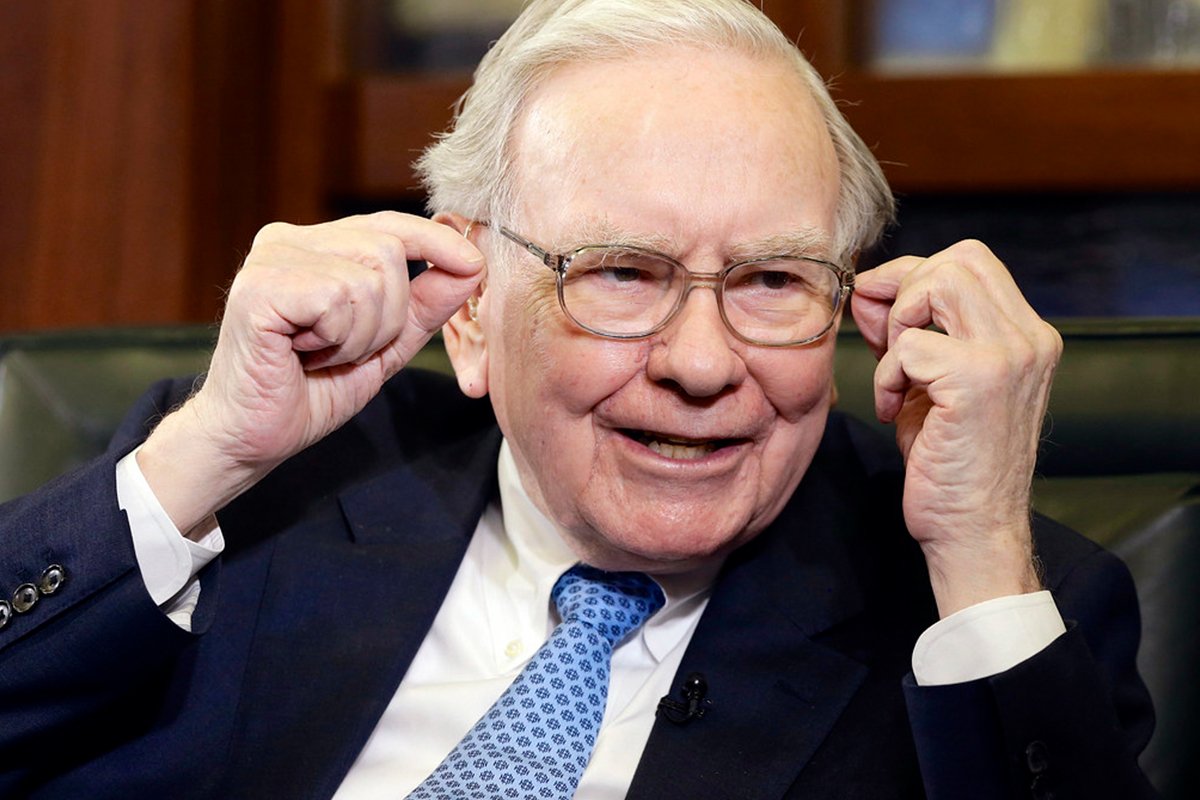End of an Era: Buffett Steps Down After Transforming Berkshire Into a Business Empire
04.05.2025 14:00 1 min. read Alexander Stefanov
Warren Buffett’s decision to pass the torch marks the end of a legendary era in corporate America, closing a 60-year chapter during which he reshaped a struggling textile business into one of the world’s most valuable companies.
Since taking control of Berkshire Hathaway in 1965, Buffett, alongside his late partner Charlie Munger, turned the company into a $1 trillion powerhouse with a portfolio that spans nearly every corner of the U.S. economy.
From insurance giants like Geico and railroads like BNSF, to iconic consumer brands such as Dairy Queen and See’s Candies, Berkshire became a symbol of long-term value and business acumen.
Based in Omaha, Nebraska — the hometown of both Buffett and Munger — the firm is now home to nearly 200 businesses and is deeply woven into the fabric of American commerce.
Buffett’s legendary status as the “Oracle of Omaha” stems not just from his extraordinary investment record, but also from his straightforward advice and famously frugal lifestyle.
-
1
Why Gold Could Be the Smart Play Amidst US Debt Surge
11.06.2025 11:00 1 min. read -
2
Warren Buffett Narrows His Bets as He Prepares to Step Down
14.06.2025 16:00 2 min. read -
3
MEXC Sets Up $100M Emergency Fund to Protect Users From Major Security Incidents
12.06.2025 11:00 1 min. read -
4
NFTs Quietly Evolve Into Core Digital Infrastructure
13.06.2025 17:00 2 min. read -
5
Binance Enters Syrian Market as Sanctions Ease
12.06.2025 22:00 1 min. read
Key U.S. Events to Watch This Week That Could Impact Crypto
The first week of July brings several important developments in the United States that could influence both traditional markets and the cryptocurrency sector.
Here Is How Your Crypto Portfolio Should Look Like According to Investment Manager
Ric Edelman, one of the most influential voices in personal finance, has radically revised his stance on crypto allocation. After years of cautious optimism, he now believes that digital assets deserve a far larger share in investment portfolios than ever before.
GENIUS Act Could Reshape Legal Battle over TerraUSD and LUNA Tokens
In the case involving Terraform Labs and its co-founder Do Hyeong Kwon, the defense has asked the Federal Court for the Southern District of New York to extend the deadline for pretrial filings by two weeks, pushing it beyond the original date of July 1, 2025.
Coinbase Surges 43% in June, Tops S&P 500 After Regulatory Wins and Partnerships
Coinbase has emerged as the best-performing stock in the S&P 500 for June, climbing 43% amid a surge of bullish momentum driven by regulatory clarity, product innovation, and deeper institutional interest in crypto.
-
1
Why Gold Could Be the Smart Play Amidst US Debt Surge
11.06.2025 11:00 1 min. read -
2
Warren Buffett Narrows His Bets as He Prepares to Step Down
14.06.2025 16:00 2 min. read -
3
MEXC Sets Up $100M Emergency Fund to Protect Users From Major Security Incidents
12.06.2025 11:00 1 min. read -
4
NFTs Quietly Evolve Into Core Digital Infrastructure
13.06.2025 17:00 2 min. read -
5
Binance Enters Syrian Market as Sanctions Ease
12.06.2025 22:00 1 min. read


